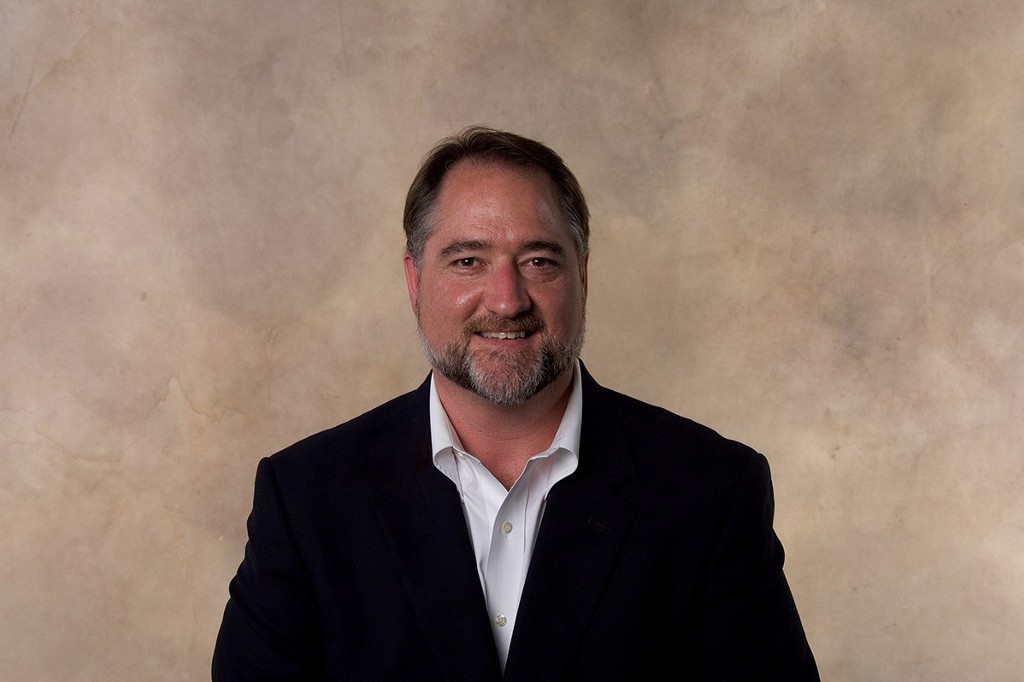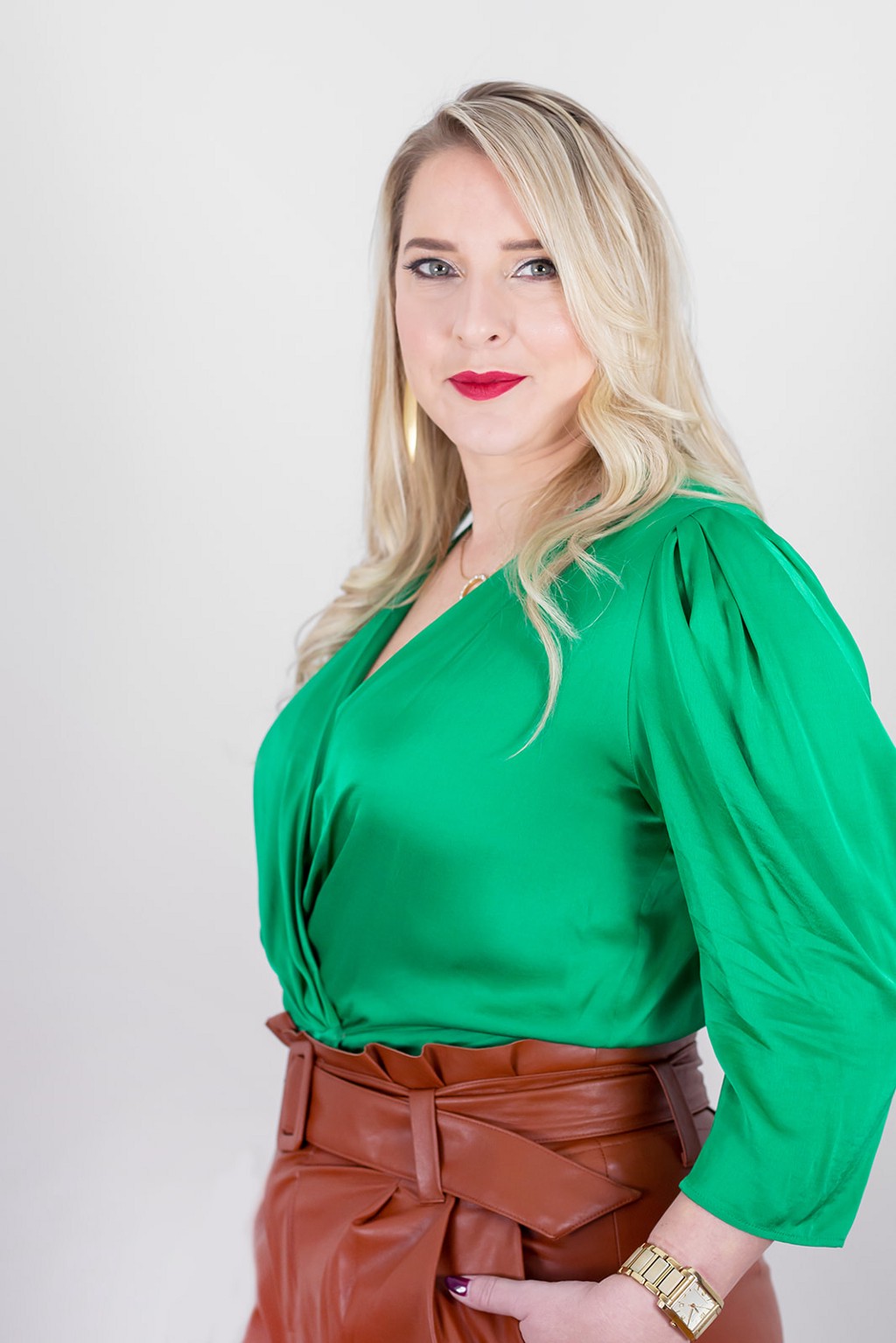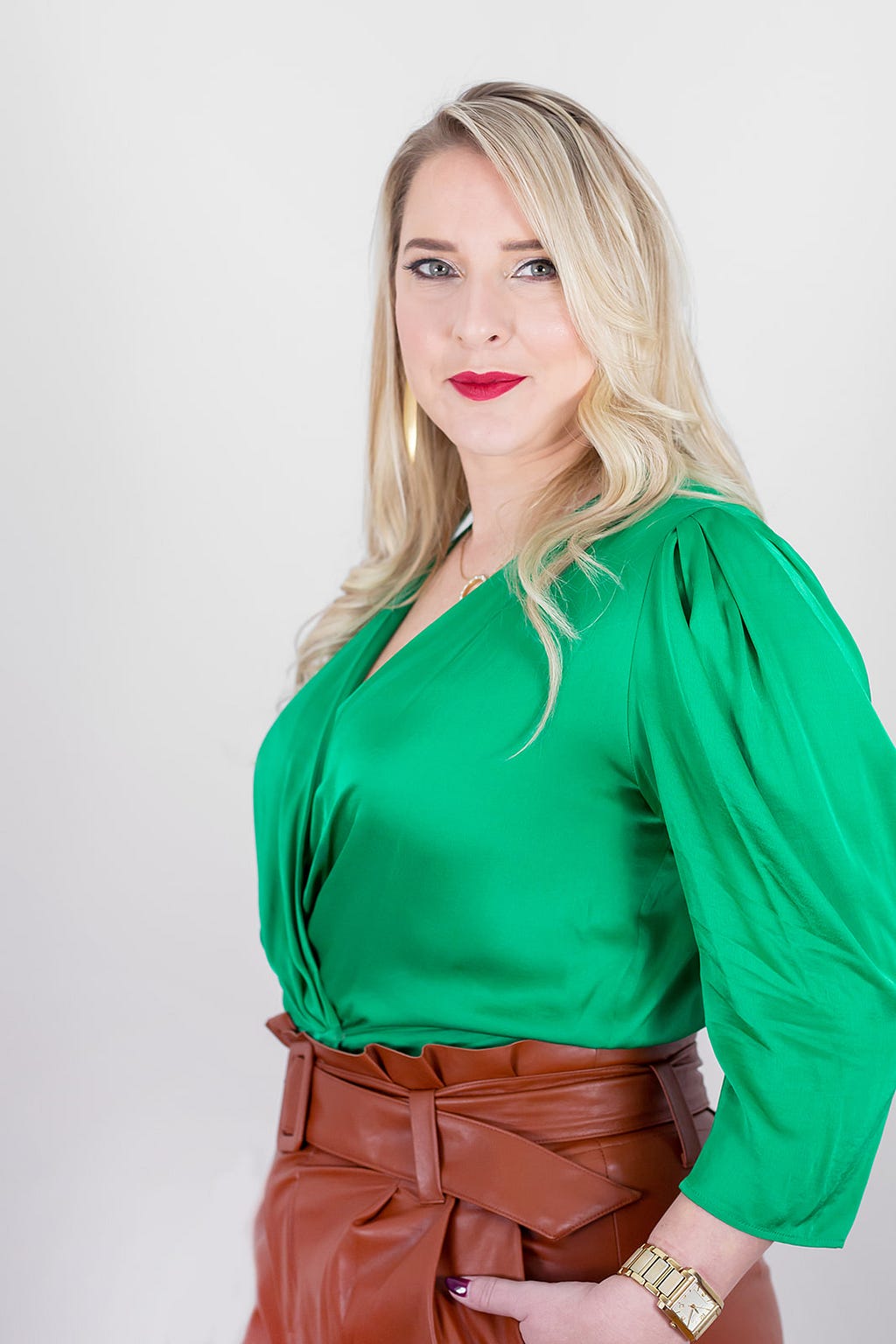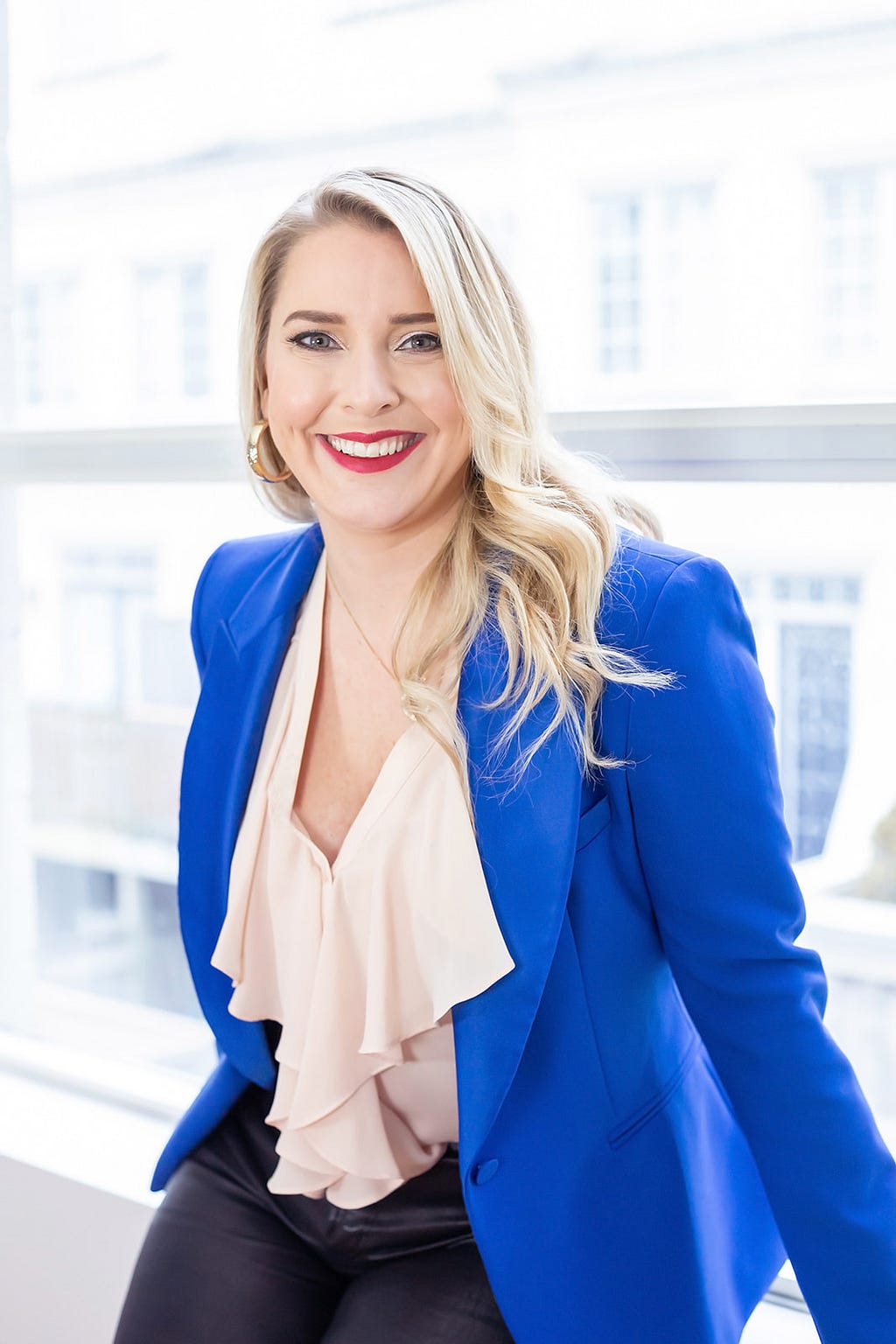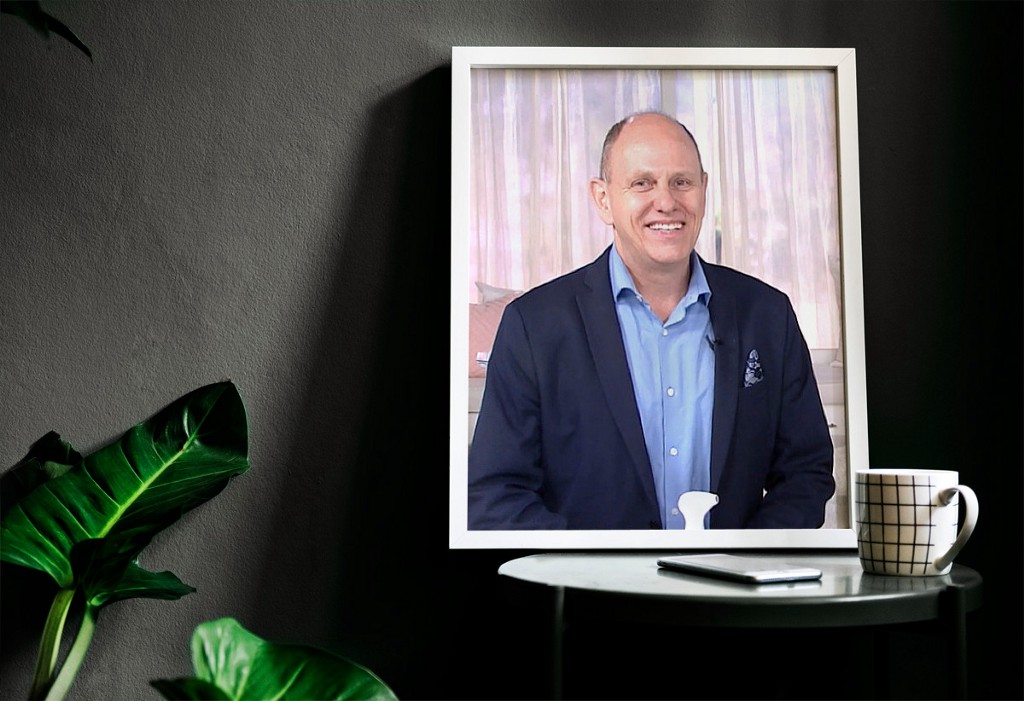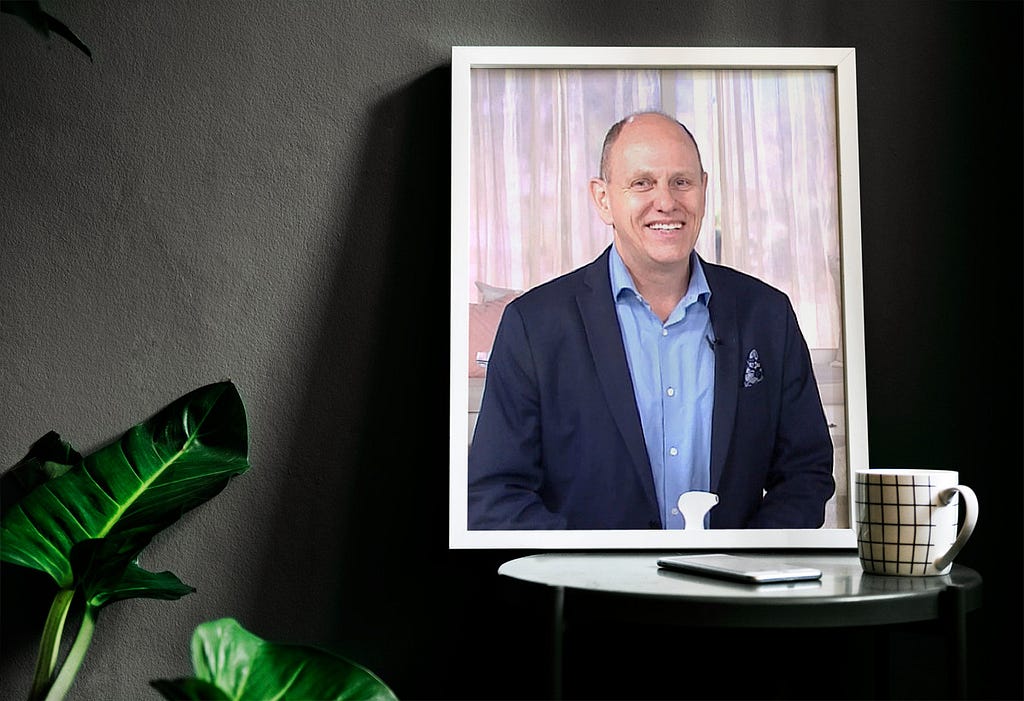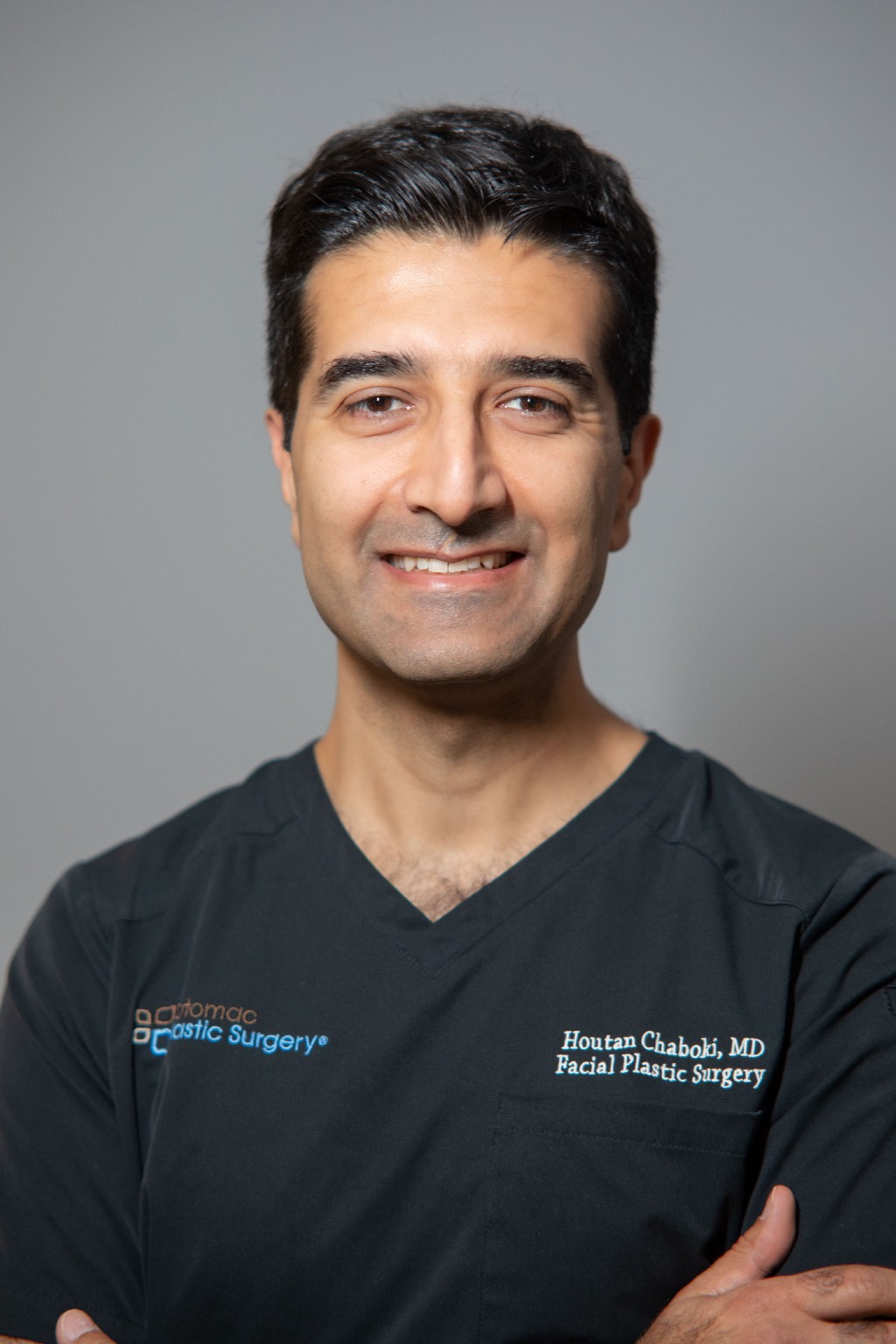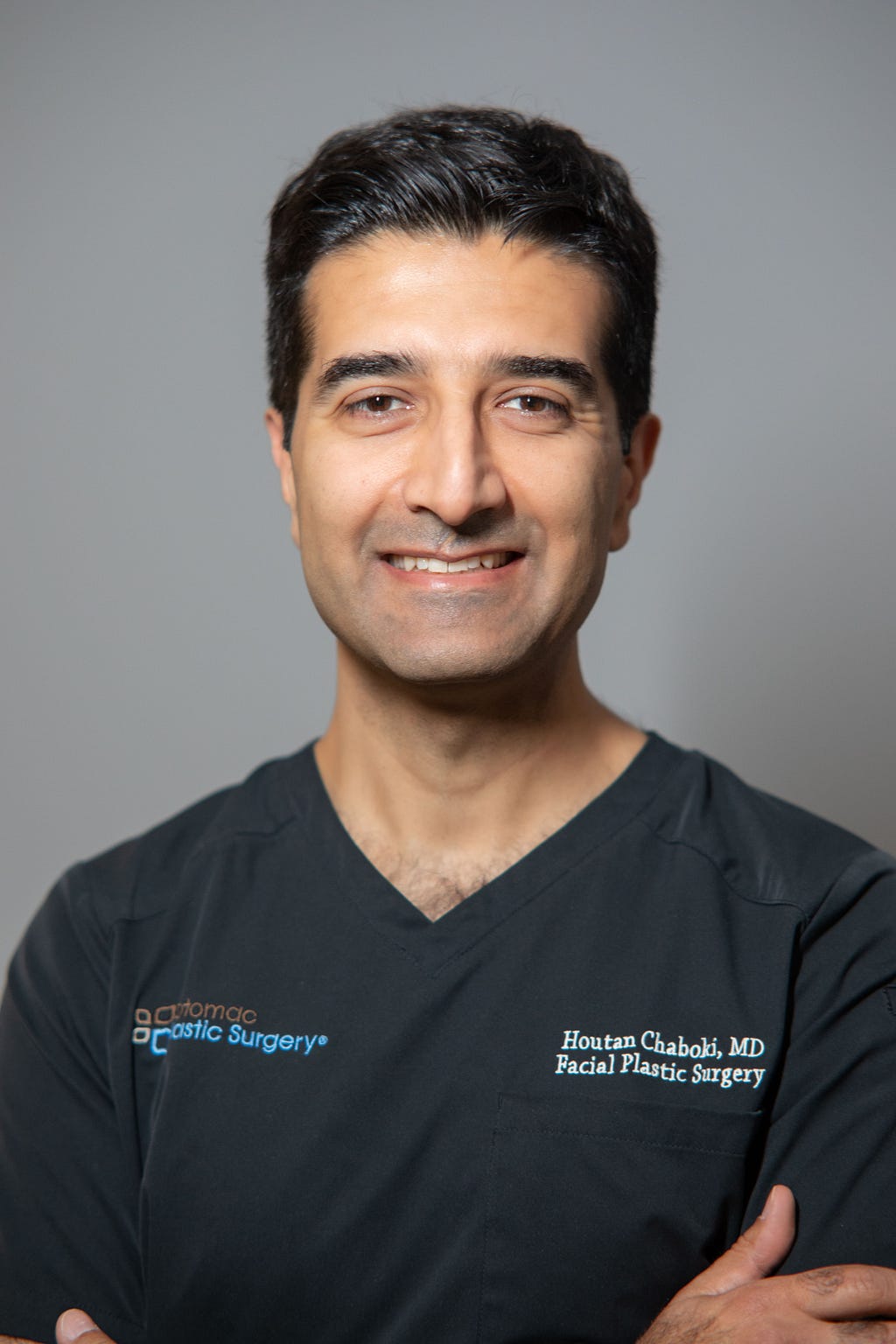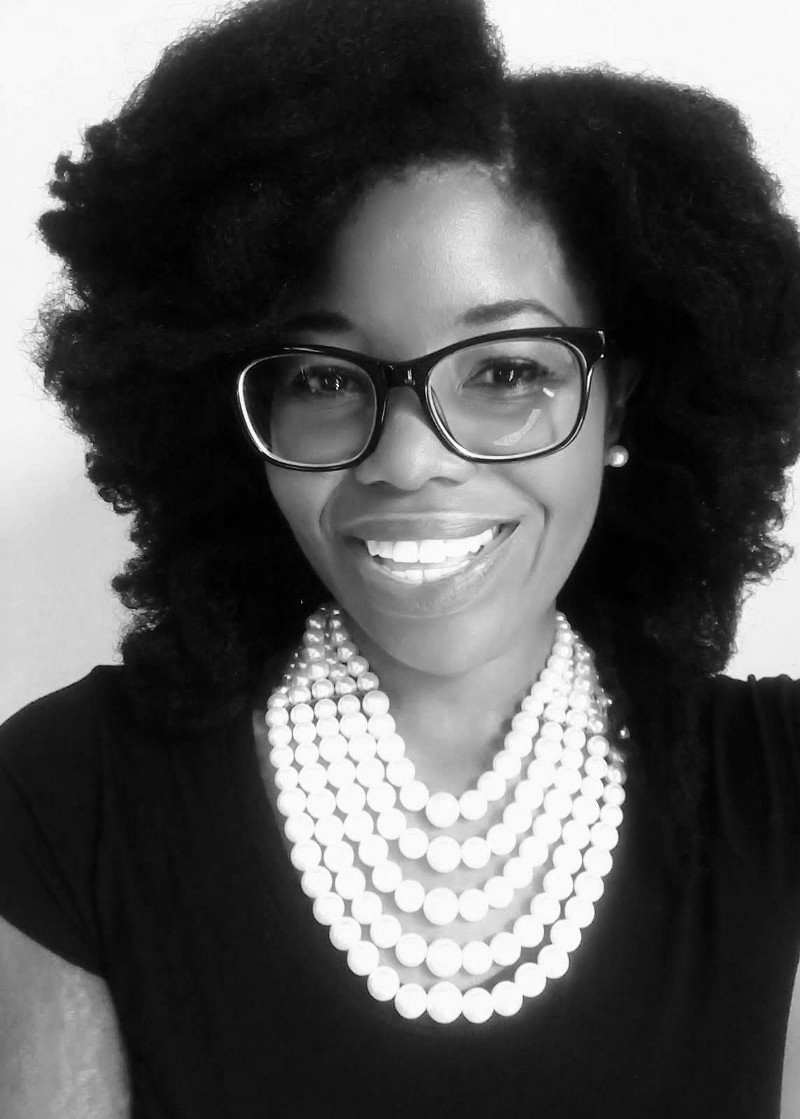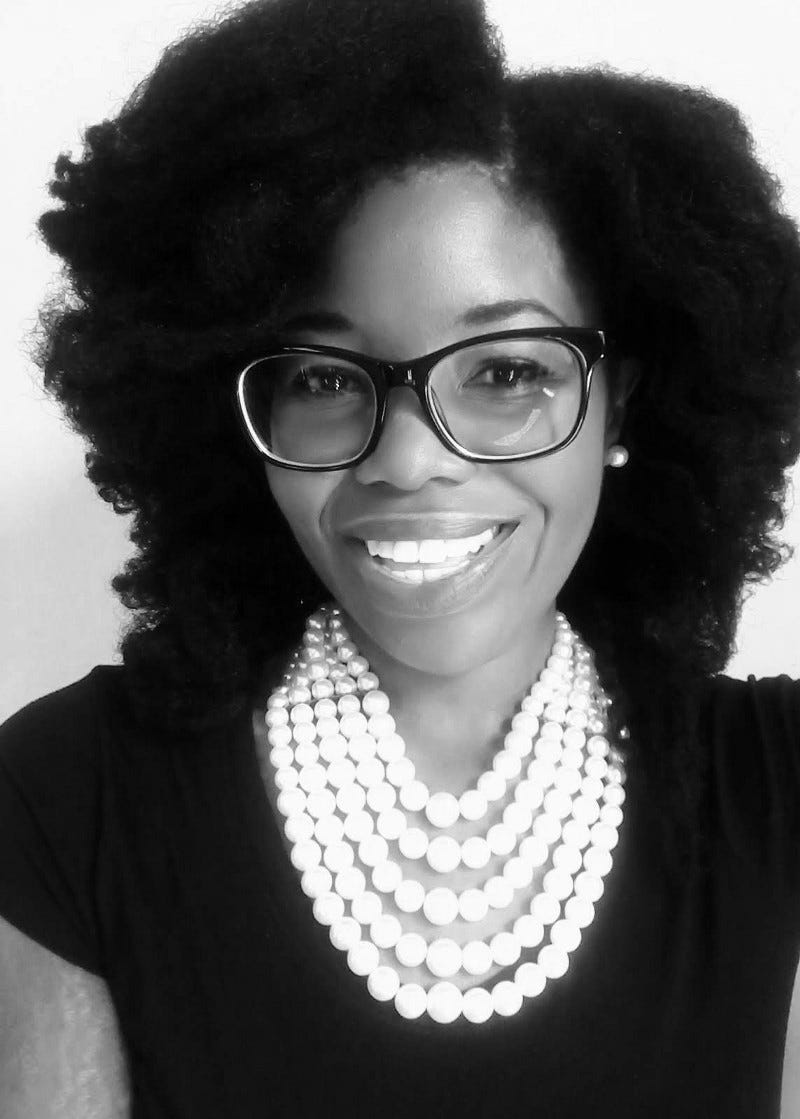Dreamers: “They told me It was impossible and I did it anyway” With John Gage of Appalachian Gear Company
An Interview With Candice Georgiadis
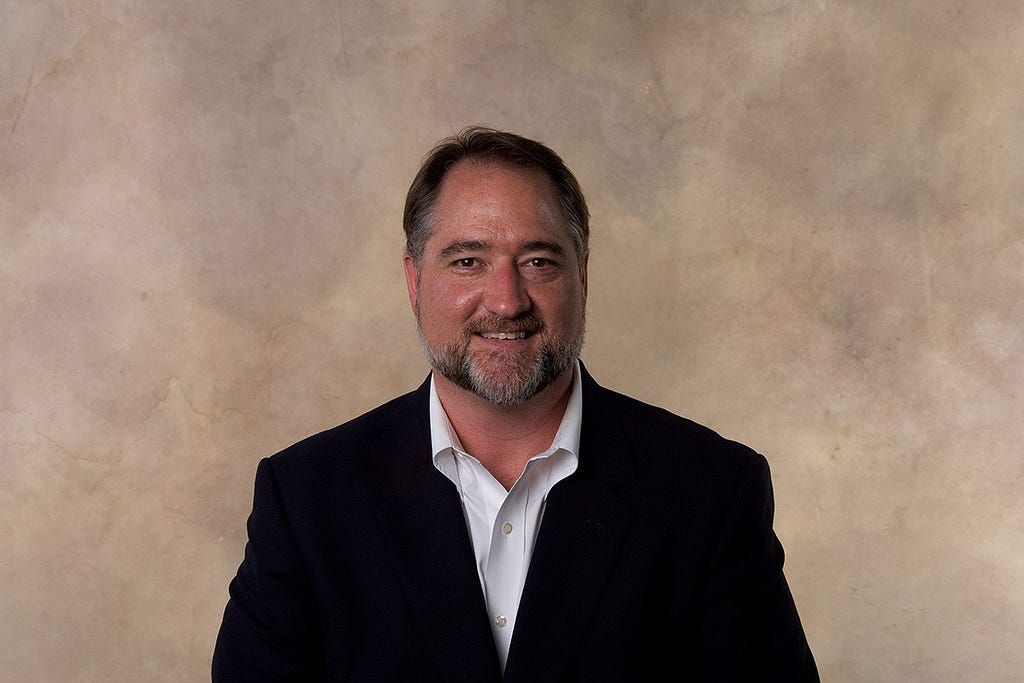
There is one piece of the puzzle that is the most important above all of the strategies and tactics: you have to believe in yourself and believe in what you are doing. If you don’t have that belief, how will others believe you?
As a part of our series about “dreamers who ignored the naysayers and did what others said was impossible”, I had the pleasure of interviewing John Gage of Appalachian Gear Company. John Gage has spent the majority of his career in the textile industry after graduating from North Carolina State University’s College of Textiles. His experience includes Quality Assurance, Plant Management, and Sales in the Automotive, Industrial, Apparel, and Textile Chemical industries. Gage has been an entrepreneur since the age of 29, when he and his business partner Mike Hawkins designed and built their first business in the apparel and industrial fabric dyeing and finishing industry. Gage and Hawkins have since launched two other businesses including their current endeavor, Appalachian Gear Company.
Thank you so much for joining us! Our readers would love to ‘get to know you’ a bit better. Can you tell us your ‘backstory’?
I have always enjoyed making my own things from various parts — like bikes, musical instruments, treehouses, skateboards, etc. When it was time to go to college, I didn’t really know what I wanted to study. My father asked his cousin, who was an executive at a large textile company, to give me a plant tour and talk to me about the industry. As soon as I walked in a textile plant for the first time, I completely understood the entire operation. It all made sense to me, and I knew immediately that textile manufacturing was the place for me. At the same time, NCSU recruiters were coming to my high school so I was most likely their easiest sale. In fact, I think I was the only person from my high school to go into textile studies. I have also always loved the outdoors, especially the mountains, because of the mystery and adventure. I played team sports growing up and always loved to compete, but I really loved being in the mountains camping, backpacking, biking, paddling, or just exploring. As a youth, I went to an outdoor skills camp in the NC mountains — Camp Mondamin. That’s where I originally learned most of the skills I have to this day. Mondamin has a strong family tradition with multiple generations of families attending or working there over the years. My family is no different, as one of my sons also went there as a camper, and both of my sons worked there as counselors for a number of years. So, the combination of my love for the mountains and outdoor adventure and my love for being able to manufacture things ultimately led to where I am now: making performance garments for the outdoor lifestyle market. I also can’t overstate the importance of another key piece of the puzzle. My business partner, Mike Hawkins, and I were a part of the Textile Industry when offshoring virtually obliterated the entire domestic apparel manufacturing base. As a result, we had to shut down the manufacturing business we started — a business that we literally designed and built from scratch. We designed & built the building, installed the machinery, and poured everything we had into it over a decade-plus. We provided good jobs, good salaries, good benefits, and opportunities for advancement, and it vanished virtually overnight. Having to tell an entire company that they no longer have jobs was incredibly hard to do and is something that has stayed with us ever since. So, we went our separate ways for a few years but realized we had to start another business, and we had to prove that you could still successfully start a textile business in the United States. It was a challenge that we could no longer ignore and that is what ultimately led us to to the formation of Appalachian Gear Company.
Are you working on any new or exciting projects now? How do you think that will help people?
Absolutely. The formation of Appalachian Gear Company was not only a challenge, it was a leap into the unknown with only two possible outcomes: failure or success. There was going to be no middle ground for us because we weren’t just starting an apparel brand using the same tired materials everyone else uses. We decided to invent a new class of fabric. We did this after years of research proved to us that no one else had ever been successful doing what we were planning to do: produce a line of lightweight performance garments made from 100% Alpaca Fiber without using synthetic blends or harsh chemical processing. So, the result was that we developed a lightweight knit fabric as well as a lightweight fleece fabric from 100% Alpaca Fiber. Alpaca fiber has been gaining a lot of attention in recent years because it is a high-performance natural fiber that places it in a class by itself. Alpaca is very light and strong. It is highly insulating, yet it provides superior personal climate control in hot or cold weather because it absorbs very little moisture, yet in fabric form, it is highly breathable. To finish it off — on top of being successful creating the fabrics in the first place, we succeeded in another first: even though our fleece hoodies are super light, they are very durable and stable enough that they can be laundered & tumble dried without significant shrinkage.
So how does this help people?
Our product’s most important benefit to consumers is providing a natural fiber high-performance alternative to synthetics. Our product is not just an alternative — it actually raises the bar for performance fabrics because Alpaca Fiber offers performance characteristics unmatched by synthetics. This is very important for everyone because science and empirical data have shown us beyond a shadow of a doubt that microplastic pollution of our environment is happening on a larger scale than anyone imagined, and synthetic clothing is a significant contributor to microplastic pollution. The entire outdoor apparel industry is built around synthetics, such as polyester & nylon. The outdoor consumer of 2020 is aware of environmental issues and is assertive in seeking more environmentally friendly alternatives. Our products give consumers a clear choice rather than jargon.
To a lesser degree, we feel that our success thus far is further evidence that there is a growing movement of small manufacturing businesses — especially in the outdoor market — providing a roadmap to future entrepreneurs. Small business creates jobs. Global industries generally erode jobs through mergers that lead to job cuts as a result of automation and redundancy.
In your opinion, what do you think makes your company or organization stand out from the crowd?
Appalachian Gear Company is currently the only company in the world that manufactures a lightweight fleece layer made from 100% Alpaca Fiber. Further, our product can be washed and tumble-dried without significant shrinkage. Even though our product is lightweight, it is tough enough to routinely withstand 2,000+ mile “thru-hikes” of long trails such as the Appalachian Trail, Continental Divide Trail, and Pacific Crest Trail — and can still be worn to your favorite restaurant after finishing.
Ok, thank you for that. I’d like to jump to the main focus of this interview. Has there ever been a time that someone told you something was impossible, but you did it anyway? Can you share the story with us? What was your idea? What was the reaction of the naysayers? And how did you overcome that?
The formation of Appalachian Gear was such a time! We had researched alpaca fiber privately for a number of years, and when we determined that it was time to put our plan in place, we began reaching out to industry contacts and were universally told that we could not do what we were trying to do. We were told that many people had tried it unsuccessfully over the years. In general, we were told that alpaca fiber needed to be blended with synthetics in order to produce a stable performance fabric. This was actually NOT a deterrent to us. It was exactly what we wanted to hear because we wanted to do something that had not previously been accomplished. We knew the market was ready for a natural fiber alternative — so this was not an accident. We knew going into it that this would be a “pass/fail” situation. No in-between. We had no intention of using synthetic blends as a fallback position because many people already make synthetic/natural blends, and there is nothing special or differentiating about that. Additionally, we were trying to prove that there are alternatives to relying solely on synthetics for performance fabrics.
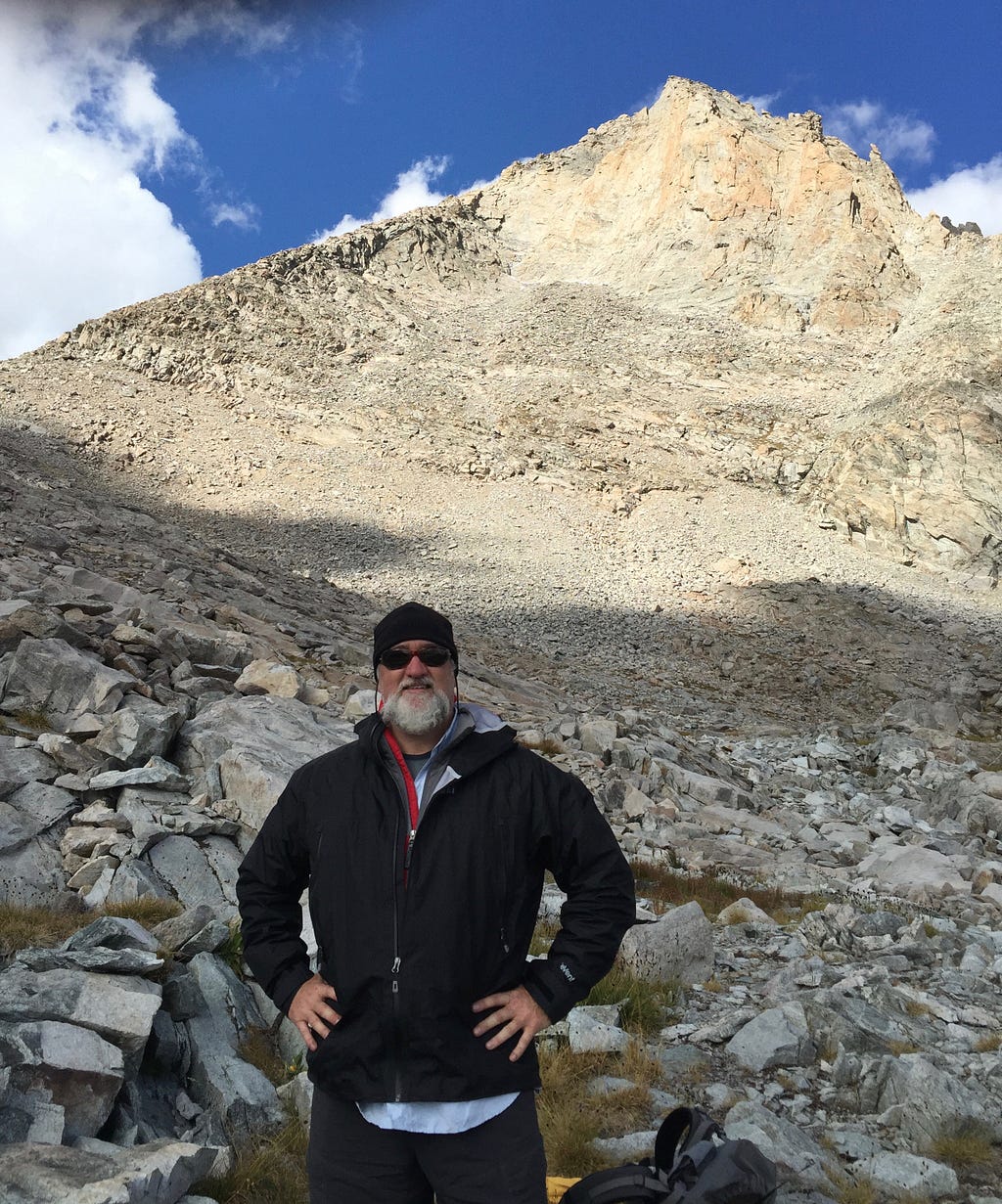
In the end, how were all the naysayers proven wrong? 🙂
We were successful in creating the first trail-worthy 100% Alpaca fiber products that have proven tough enough to endure thousands of miles of adventure.
None of us are able to achieve success without some help along the way. Is there a particular person who you are grateful towards who helped get you to where you are? Can you share a story about that?
Most people’s support network is generally more extensive than they realize, and mine is no different. Success never happens in a vacuum, it doesn’t happen while you are sitting on your couch, and no one hands it to you. Success is deliberate and it happens through hard work and perseverance. The support network catches you when you fall. There are seven people who are my support network: my parents, my two brothers, my wife, and my two sons. There is one person who has been my co-conspirator for almost 30 years: my business partner Mike Hawkins. I would say that having a strong business partner is very important to success. There are plenty of “individual” entrepreneurs who have been successful and visionary. But, having a partner is important because in most cases, partners don’t always see eye-to-eye, and the result of that is the emergence of new ideas and directions. Some people would explain it as a compromise, but it is virtually never a compromise, especially with entrepreneurs who have strong opinions. Rather, it winds up being a stew of blended ideas that turn into the “secret sauce” of success. People often ask us what our individual responsibilities are, and we used to try to explain it, but in the end, we would just say “I do X, and he does Y” because to explain what actually happens has proven difficult even for us.
I had two bosses (at different times) at a big corporation I worked for out of college. They were very influential to me in understanding how to navigate large organizations and how to be effective. One was freewheeling and independent, and one was a straight down the middle taskmaster. Both were very smart and approached their jobs very differently. Both allowed me to operate independently, which was my strength, but with the understanding that I had to perform or I would be out of a job. I was the young kid at that time. I was competitive, and I would fight for what I thought was the right direction. The taskmaster boss was great because there was a definite line that I would cross from time to time, and he would say “I understand why you did that, and it worked this time, but if you ever do it again, I’m going to fire your ass.” That was very helpful for me at the time, LOL. The freewheeling boss was great because he would let me angle for a fight, but in preparation, he would ask me open-ended questions to prepare me. Most of the time, the answers to those questions wound up pointing back to me. Those were valuable lessons because it taught me to be able to look at what I had done objectively first.
Finally, there was one person in college that was important: my advisor. I didn’t have a lot of contact with him, but we had a pretty good relationship. I wasn’t the best student or teacher’s favorite, but as my college career wound down and we were all interviewing for jobs, I went to my advisor and told him that I really didn’t want the type of “grinding” job that was being offered to most folks and I didn’t know exactly what to look for. His exact words were, “I’m not worried about you.” That was kind of Yoda-esque at the time and I didn’t quite get it, but I thought about it every time I started something new and every time the walls were crashing around me. Make no mistake — as an entrepreneur, the walls will crash, and you have to keep moving forward.
It must not have been easy to ignore all the naysayers. Did you have any experiences growing up that have contributed to building your resiliency? Can you share the story with us?
There really isn’t such an experience. I feel like I have always been very independent. But, it is very important to point out that I had exceptional parents that allowed me to go my own way, and always supported me. I feel very lucky in that regard.
Based on your experience, can you share 5 strategies that people can use to harness the sense of tenacity and do what naysayers think is impossible? (Please share a story or an example for each)
I would shy away from using the term “strategy” because it alludes to a step-by-step process to achieving your goals. Though there are certain research, planning, tactical, and strategic steps everyone has to take to achieve goals, the fact is that there is one piece of the puzzle that is the most important above all of the strategies and tactics: you have to believe in yourself and believe in what you are doing. If you don’t have that belief, how will others believe you? One of your previous questions was regarding people that contributed to success, and in endeavor, you have to find people who believe in what you are doing, because success doesn’t happen in a vacuum.
What is your favorite quote or personal philosophy that relates to the concept of resilience?
There really is only one quote that stands above all of the rest, and it has been attributed to different people: “It’s not whether you get knocked down, it’s whether you get up.”
You are a person of great influence. If you could inspire a movement that would bring the most amount of good for the greatest number of people, what would that be? You never know what your idea can trigger.
I really don’t feel like a person of influence! If I could inspire a movement, it would be to provide energy toward the re-emergence of small manufacturing businesses in the USA. Small business creates jobs and opportunity, as well as competence in new skills which lead to job mobility. Small businesses provide a sense of “team” and “family” that massive, impersonal corporations are absolutely unable to provide. Small businesses are more inclined to collaborate and network with other small businesses. Small businesses are in fact the engine of our economy. If we can teach just a handful of people new skills and if we can just influence ONE person to launch an entrepreneurial business, then we will have contributed to the cause, and that will be something to be proud of.
Can our readers follow you on social media?
IG & FB : @appgearco
Thank you for these great stories. We wish you only continued success!
Dreamers: “They told me It was impossible and I did it anyway” With John Gage of Appalachian Gear… was originally published in Authority Magazine on Medium, where people are continuing the conversation by highlighting and responding to this story.


